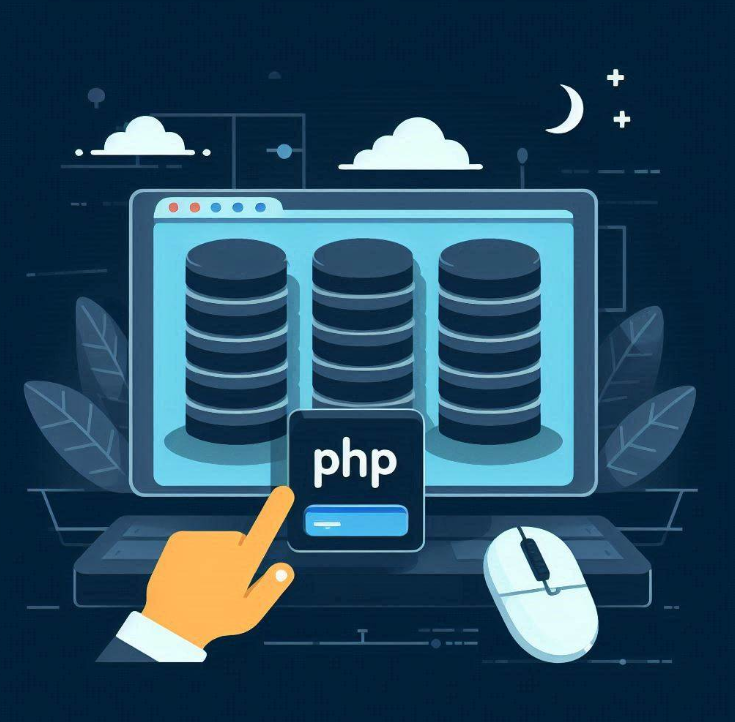- Amazon Kindle Direct Publishing (KDP)
- Apple Books:
- Google Play Books
- Draft2Digital
- Barnes & Noble Press
- Tiiny.Host
- Publishing Through Tiiny.Host
- FAQ: Top 6 eBook Publishing Platforms in 2025 for Self-Publishing
If you’re here, you probably already have a manuscript ready.
Congratulations! It is time for you to publish your work. There are so many publishing platforms available that you might get confused about choosing the best one for you.
To help you out, here are some of the best free platforms to publish your eBook and reach a global audience without spending a dime.
Amazon Kindle Direct Publishing (KDP)
KDP allows you to publish eBooks and offers print-on-demand services for paperback and hardcover. With millions of users worldwide and an approximate sales of $28 billion worth of books each year, Amazon leads the market in books.
They give full rights to the authors and allow them to publish a wide variety of books, including novels, series, comics, journals, poetry, textbooks, and more.
Publishing is free, and their platform is easy to use—making it easier for beginners or advanced writers to publish their work. The platform pays authors up to 70% royalties on their sales.
However, some terms bind authors to Kindle Select and Kindle Unlimited if they opt for the programs. There are content restrictions, such as the restriction that an author cannot share more than 10% of their work published through Amazon elsewhere under KDP Select policies.
Pros:
- Largest eBook retailer
- Easy-to-use platform
- Author gets paid per page read
Cons:
- Highly competitive
- Exclusive terms with Kindle Unlimited
- To run promotions, you need to enroll in KDP Select
- No option to publish the book as a hardcover or audiobook
Apple Books:
There are more than two billion active Apple devices worldwide, which makes Apple Books a strong contender in the eBook market.
The platform offers a high-quality interface for authors to publish their work quickly. It also provides digital narration and has an extensive resource library for authors to research and perfect their drafts before publishing.
A massive advantage of Apple Books is that it calculates pre-orders towards the sales and is calculated for the book’s ranking on the launch day, unlike Amazon, where pre-orders aren’t counted to rank a book. Apart from that, if you decide to publish your book only through Apple Books, you will be able to receive more royalty and higher visibility.
The only limitation could be that publishing on Apple Books requires the authors to own an Apple ID and an Apple device to preview the book.
Pros:
- The large user base of Apple device users
- High-quality interface
- Pre-orders are counted in the rankings
- High visibility and royalty for exclusive books
Cons:
- Requires an Apple ID to publish
Google Play Books
Google Play Books is another platform with a large user base that is free for readers to use. With more than three billion Android devices, GPB can help you reach a large number of readers with a few clicks.
Authors earn 70% of the revenue they earn from sales. They can earn an additional commission through Google GPB’s affiliate program, which ensures a 7% commission.
You can publish one or more books at no cost to the readers without any restrictions.
Pros:
- Large user base
- Integrates with the Google ecosystem
- Free books for readers without restrictions
Cons:
- A somewhat complex publishing process
Draft2Digital
Draft2Digital offers tools and services that simplify the publishing process for authors. Their feature-rich services are free; they help with everything from book layouts to publishing, and they also have promotion tools.
Recently, they merged with Smashwords, a well-known publishing website, which helps in creating a bigger audience and promotion facilities. They also accept a variety of book formats and offer on-demand printing for paperbacks.
With Draft2Digital, you can publish to multiple platforms through their platform. Thus, your book will be available on any platforms you choose, like Amazon, GPB, Nook, and many more. However, while other retailers let you set your own price, Draft2Digital has a minimum price at which they sell the book. For example, if you list your book at $0 on D2D, they will list it at 99 cents.
They take 40% of sales cut from your revenue.
Pros:
- Easy to use
- Distributes to multiple retailers
- Good customer support
Cons:
- Takes a small commission on sales
- Inability to set price on each platform
Barnes & Noble Press

Barnes & Noble Press can help you reach a dedicated audience where Barnes & Noble is accessible and where NOOK devices are used more. They have extensive marketing programs to showcase your book to readers through their collections, emails, and special sales and promotions.
Whatever your price range is for your book, B&N takes 30% of the royalties.
Pros:
- Well-known bookstore brand
- Good for niche genres
Cons:
- Smaller market compared to Amazon and Apple Books
Tiiny.Host
Tiiny.host allows you to publish your books for free, and we take no royalties. All your content is in your hands, and you take 100% of the revenue you make. You only have to drag and drop your file, give it a name, and click publish.
There are no complex methods or hidden royalty charges. All you have to focus on is marketing it through various channels, and there you have it.
Pros:
- Simple and quick setup
- Complete control over content and distribution
- No need for complex formatting
Cons:
- Marketing is majorly done by the author
Publishing Through Tiiny.Host
Publishing your book through Tiiny.host is easier than you think. Three simple steps, and you’ll be a published author within a few moments.
All you have to do is drag and drop the ebook that you have exported as a PDF.
Set the link name for your book. Hit Publish!
You are a published author that has a book out in the world! Share this link with your family, friends, and readers so they can access it.
If you need any help publishing your book through our platform, our support team will be happy to help!
FAQ: Top 6 eBook Publishing Platforms in 2025 for Self-Publishing
Why should I publish an eBook?
Publishing an eBook allows you to reach a global audience, reduce production costs compared to print books, and take advantage of the growing digital reading market.
What formats are commonly used for eBooks?
The most common eBook formats are ePub and PDF. ePub is widely used for its reflowable text, while PDFs are preferred for fixed-layout documents.
Do I need an ISBN for my eBook?
While only sometimes necessary, an ISBN can help with distribution and cataloging. Some platforms provide free ISBNs, while others may require you to purchase one.
How can I market my eBook?
Effective marketing strategies include using social media, email newsletters, author websites, online ads, and leveraging book promotion sites and services.



